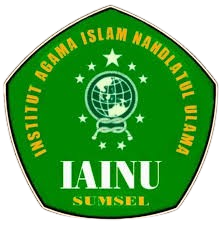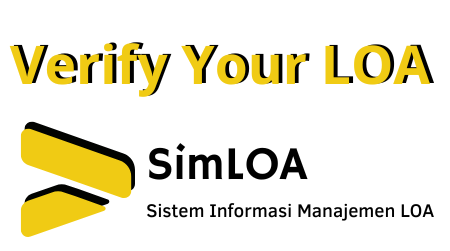Peranan Advokasi LSM Dalam Mendorong Penegakan Hukum dan HAM di Era Reformasi
DOI:
https://doi.org/10.70656/jolasos.v1i2.128Keywords:
Non-Governmental Organization, Human Rights, ReformAbstract
Non-Governmental Organizations (NGOs) are entities operating independently of the government, focusing on community empowerment and the protection of human rights. During the reform era, advocacy NGOs emerged as key actors in promoting the rule of law and human rights, striving to foster societal participation as a step toward democracy. Despite their vital role, there remains a lack of understanding regarding regulations and the challenges of law and human rights enforcement. This article examines the regulatory framework underpinning the establishment of NGOs in the context of human rights, analyzes the driving and inhibiting factors, and evaluates the advocacy role of NGOs in upholding law and human rights alongside civil society in the reform era. Regulations related to the establishment of NGOs have evolved in line with societal needs. However, the dynamics of NGOs have not kept pace with the rapid demands of society. This study employs a normative-empirical legal research method, analyzing positive law and societal realities. Although advocacy NGOs hold significant potential in championing human rights and the legal foundations for their establishment exist, substantial challenges persist. Thus, regulatory improvements are necessary to provide stronger support and foster collaboration among the government, society, and advocacy NGOs in the enforcement of law and human rights.
Downloads
Downloads
Published
How to Cite
Issue
Section
License
This work is licensed under a Attribution-ShareAlike 4.0 International.
Jolasos content is licensed under a Attribution-ShareAlike 4.0 International. (CC BY SA 4.0). Authors retain unrestricted copyright and publishing rights of their articles. Authors also grant any third party the right to use or reuse the article freely if its original authors and citation details are identified.






.png)
.png)




